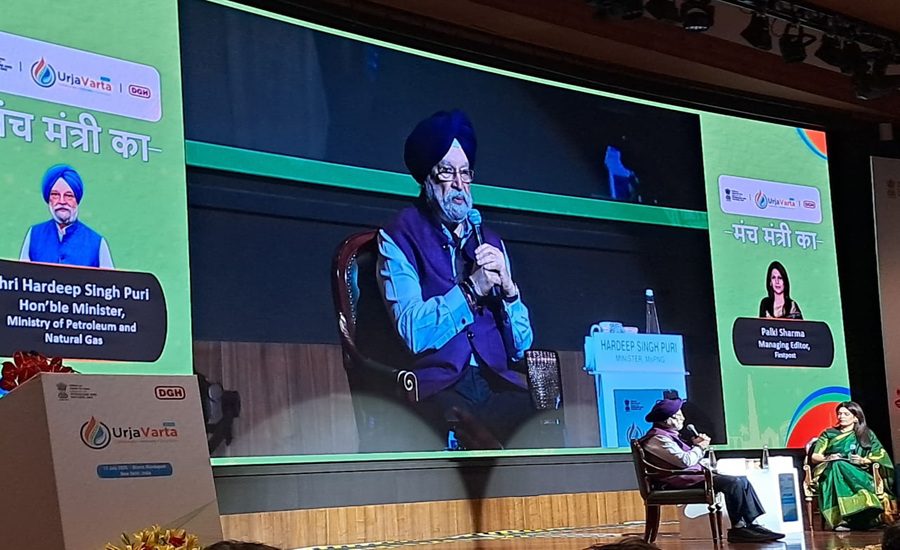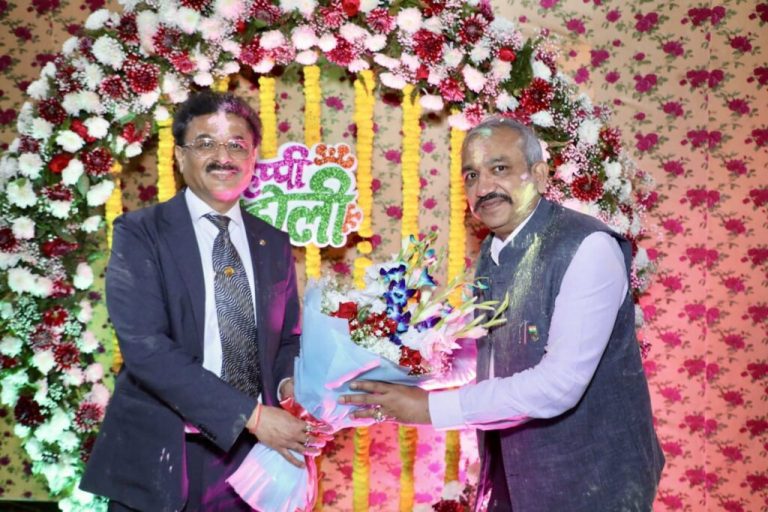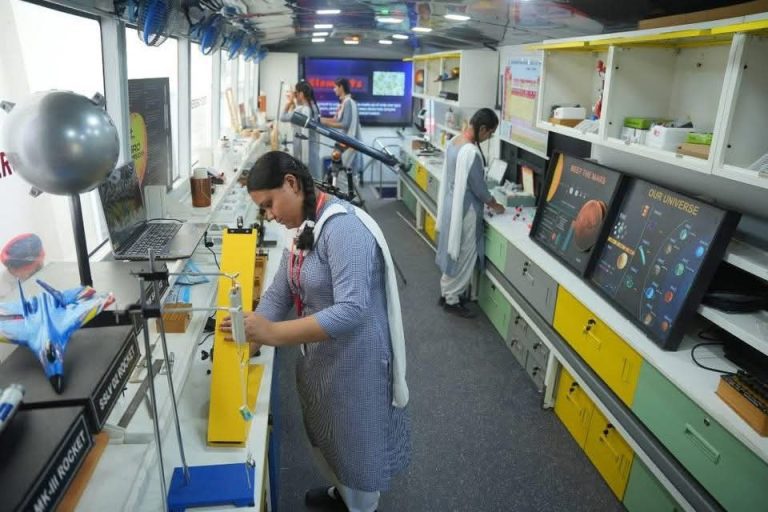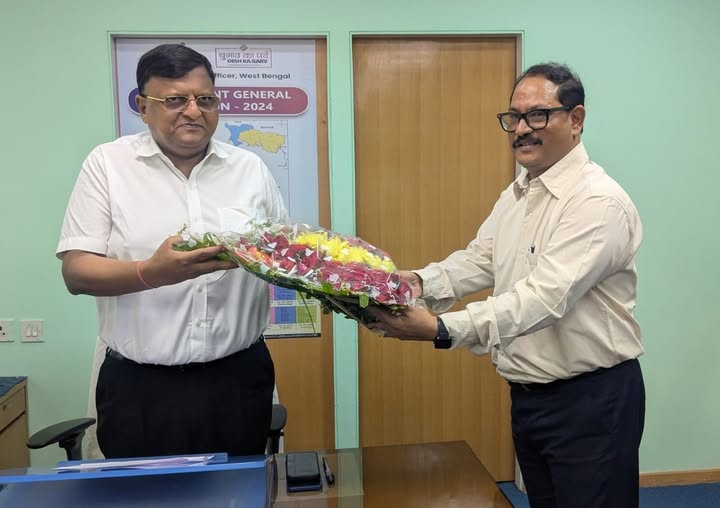Union Minister for Petroleum and Natural Gas, Hardeep Singh Puri, on Thursday asserted that India remains unfazed by the United States’ threat of secondary sanctions over continued energy engagements with Russia, citing well-supplied oil markets and India’s diversified sourcing strategy.
Speaking at the Urja Varta 2025 event, Puri said, “I am not worried at all. If something happens, we will deal with it. Ek darwaza band hota hai to doosra khul jata hai (When one door closes, another opens).”
The minister’s comments come in response to U.S. President Donald Trump’s recent announcement of 100 per cent tariffs on Russian imports, including oil, along with a warning of secondary tariffs on nations continuing to trade with Russia, including India, unless Russia agrees to a peace deal within 50 days.
Puri emphasized that the global oil market remains adequately supplied, and prices are likely to come down as more sources become available. “We have enough oil around. India is currently sourcing crude from Argentina and will soon increase imports from Brazil,” he noted.
Also Read: Madhya Pradesh CM Mohan Yadav Engages La Liga Officials to Boost Sports & Tourism
He added that India has expanded its oil import portfolio from 27 to 40 countries. “Sixteen percent of the oil market growth has come from India, and studies indicate it could rise to 25 percent. Russia accounts for 10 percent of global production. If Russian oil was excluded, prices could have surged to $130 per barrel,” Puri explained.
Highlighting the global nature of Russian oil trade, Puri said, “Even Turkey, China, Brazil, and parts of the EU have bought oil and gas from Russia.”
On the possibility of resuming oil imports from Iran, the minister clarified, “No situation remains the same forever. Iran is still supplying, but we are not buying. I will not buy from Iran.”
India began sourcing discounted Russian oil in 2022 after the West imposed sweeping sanctions on Moscow following the Ukraine conflict. Russia now accounts for nearly a third of India’s oil imports, compared to less than one percent before the war.
A potential secondary tariff could impact Indian refiners by forcing them to source from costlier Western markets, disrupting current pricing advantages. However, Puri reaffirmed India’s preparedness to navigate the evolving geopolitical energy landscape.
Also Read: India Aims for Massive Hydrocarbon Expansion; Puri Targets Guyana-Sized Discoveries in Andaman Sea































